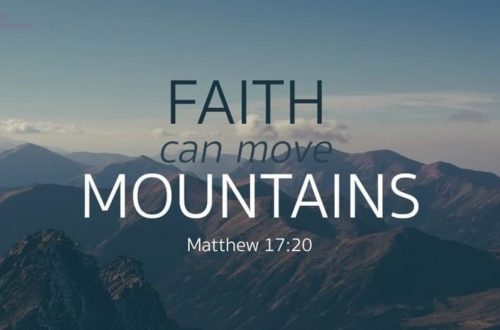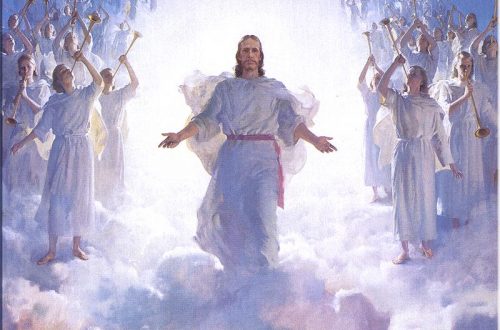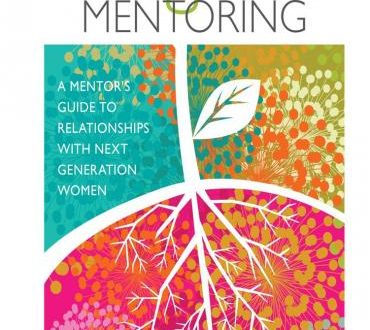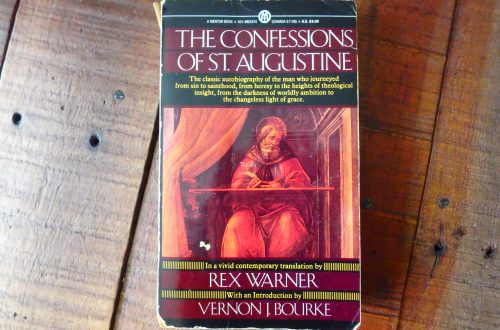-
People pleasing; an invitation to faith over fear
For a while, I had a “people pleasing” dog. She really was quite the gem because she was terrified that we would be upset with her. For the first few years of her life, when she learned that her behavior caused a negative reaction, she simply would not repeat it. Seemingly we had trained her well, and we had definitely tried. Over time however, she grew comfortable with us and now in year 8 of her life, I’m quite certain she has completely recovered from her people pleasing ways. I am not too different from her, in my complacency and trust of others, I can grow so comfortable and sure…
-
Rescued by God
Exodus 14:19–31 is part of the lectionary readings for the fifteenth Sunday after Pentecost, which is September 13th. We learned last week that after the deaths of all the firstborn in Egypt, Pharaoh yielded to the Lord’s demands and ordered the Israelites to leave his land (5:2–12:31). God did not lead the Israelites on the shortest route between Egypt and Canaan. The shortest route to the promised land would have been along the Mediterranean Sea and would have taken only a few weeks. Essentially a military road of the Egyptians, this route went through Amalekite and Philistine country. Along this route were many Egyptian military outposts. God knew that if…
-
A new beginning for God’s people
Exodus 12:1–14 is part of the lectionary readings for the fourteenth Sunday after Pentecost, which is September 6th. Previously, God revealed to Moses that He would harden Pharaoh’s heart. Even though the Lord would perform increasingly severe “signs and wonders” (7:3) throughout Egypt, the nation’s ruler would refuse to listen to Moses. Yet, Pharaoh’s stubbornness would only intensify the great “acts of judgment” (v. 4) the Lord would use to bring His people out of Egypt. Furthermore, these miraculous deeds would prove to the Egyptians that the God of Israel was the sovereign Lord of the universe (v. 5). It’s helpful to remember that Egypt was polytheistic, which means the…
-
Why we shouldn’t go back to normal, and that is okay
Remember the old adage, “Old habits die hard?” I’m sure someone clever could come up with a quip about emerging from quarantine and going back to way the things were. I’m not sure I’m that person, but I do know that I don’t want to go back to my life before quarantine. While I certainly long to eat in restaurants, go to church, and see my friends, where my spiritual life is concerned, I simply cannot settle for the “way things were.” There is too much room for change in my life. If we are honest with ourselves, we can all do better. In fact, as Christians, we shouldn’t seek…
-
Moses, used by God to intervene on behalf of His apostate people
Title: Moses, used by God to intervene on behalf of His apostate people Aim: To assess how to respond to the temptations we face each day. Scripture: Exodus 32:1–14 Apostasy conceived and enacted, Exodus 32:1-6 Exodus has two principal sections. The first (chaps. 1–18) portrays God as the Savior and Provider of His people. The second (chaps. 19–40) depicts the Lord as being holy and righteous. Through God’s revelation of Himself, He instructed the Israelites in His sovereignty and majesty, goodness and holiness, grace and mercy. They discovered that the Creator is the one and only Lord of heaven and earth. Crucial to the narrative is…
-
Moses, called by God to deliver His people
Title: Moses, called by God to deliver His people Aim: To remember that God is concerned with and involved in our struggles. Scripture: Exodus 3:1–12 God gets Moses’ attention, Exodus 3:1–3 Exodus is a continuation of the narrative that began in Genesis. In fact, the first seven verses of Exodus repeat information from the final chapters of Genesis. Furthermore, the first verse of Exodus indicates that its author knew he was adding to an ongoing narrative of God’s people. Around 1876 B.C., Jacob and his family settled in Egypt. At that time, Jacob’s son, Joseph, was the prime minister of Egypt, being the second-in-command next to Pharaoh…



















